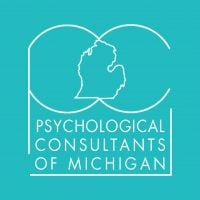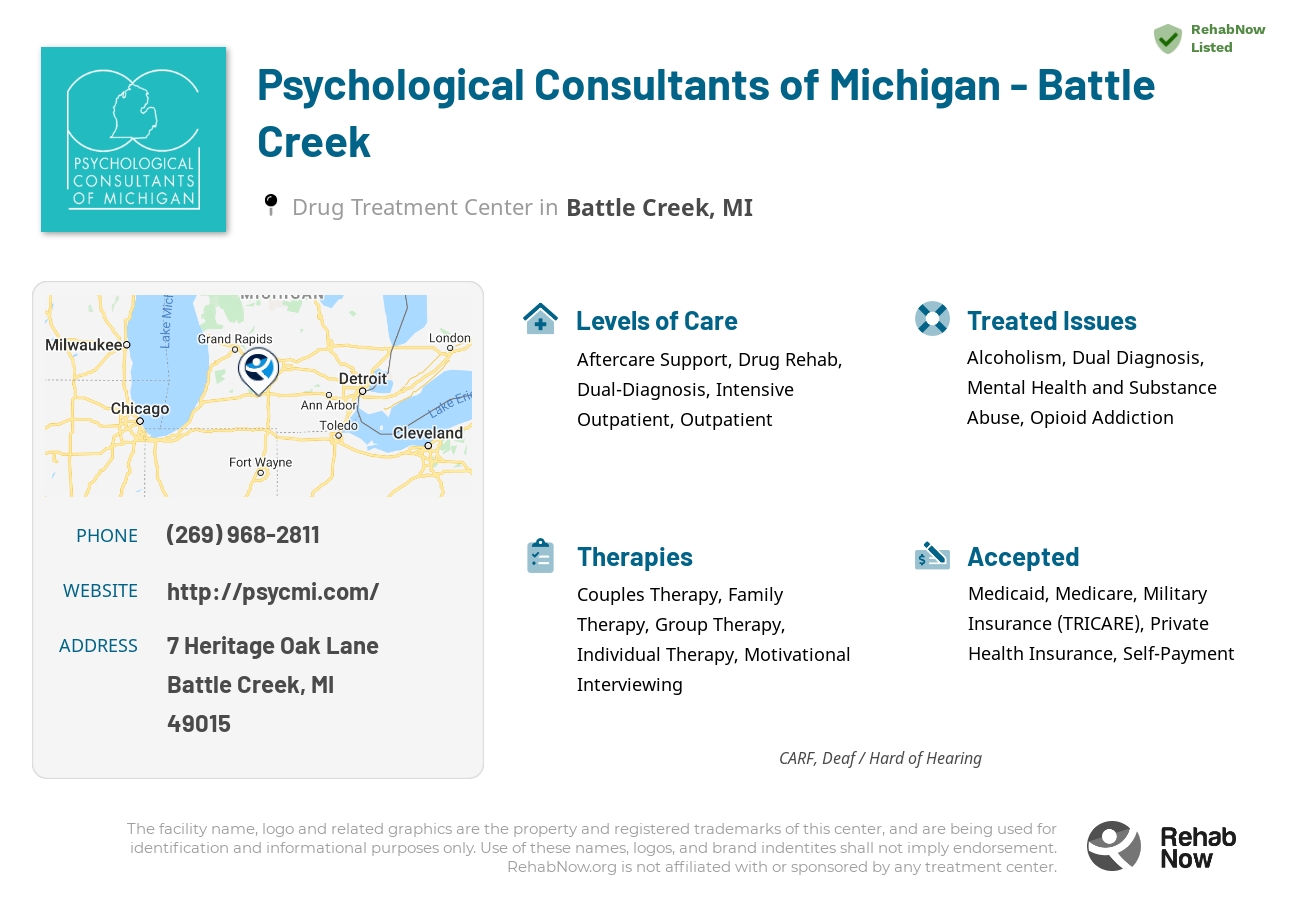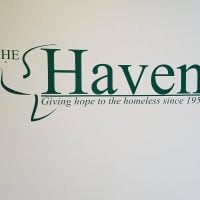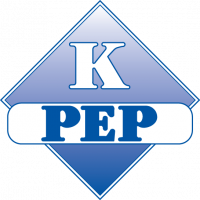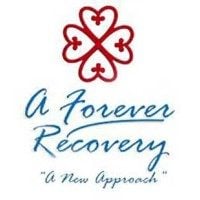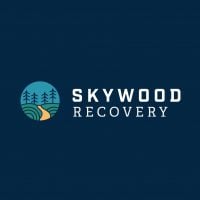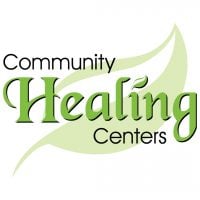Psychological Consultants of Michigan - Battle Creek
Drug Rehab Center in Battle Creek, Michigan
Psychological Consultants of Michigan - Battle Creek in Battle Creek, Michigan is an addiction treatment facility offering comprehensive care for alcoholism, opioid addiction, dual diagnosis, drug addiction, and substance abuse, including evidence-based and holistic therapies, and accepts private health insurance.
About This Michigan Facility
Psychological Consultants of Michigan, located in Battle Creek, has been a beacon of hope for over 35 years, specializing in outpatient Mental Health and Addiction Recovery treatment. Their commitment lies in offering affordable, compassionate care designed to enhance living quality for individuals and their families, making them unique in their approach to turning lives around.
Accredited by CARF, this facility stands out for its dedication to quality and comprehensive addiction treatment services. The staff at Psychological Consultants of Michigan - Battle Creek are not just focused on addictive behaviors but also the underlying medical, psychological, spiritual, and social factors contributing to addiction.
- Accredited by CARF, ensuring a commitment to quality and results.
- Offers evidence-based therapies such as Cognitive Behavioral Therapy and Dialectical Behavioral Therapy.
- Provides holistic therapies including yoga and mindfulness, catering to the overall well-being of patients.
In treating addiction, Psychological Consultants of Michigan - Battle Creek addresses alcoholism, opioid addiction, and drug abuse, among others, with a range of care levels from intensive outpatient to aftercare support. Their approach includes a combination of traditional and holistic therapy methods to meet the complex needs of their patients.
Genders
Ages
Modality
Additional
Accreditations

CARF
The Commission on Accreditation of Rehabilitation Facilities (CARF) is a non-profit organization that specifically accredits rehab organizations. Founded in 1966, CARF's, mission is to help service providers like rehab facilities maintain high standards of care.
Conditions and Issues Treated
Opioid abuse has become a national epidemic in the last decade. The US has one of the world’s highest rates of opioid use and abuse, as well as opioid-related deaths. Opioids are classified as Schedule II-IV controlled substances in the US due to their high potential for abuse.
Oxycodone, hydrocodone, methadone, and fentanyl are the most common Opioids and are commonly prescribed to treat pain. Tolerance to opioids develops over time, making life difficult, if not impossible, without them. Opioid users often obtain the drugs illegally. They can be drug dealers, friends, or family members who do not have valid prescriptions.
The desire for a more intense high than prescription opioids can quickly lead to heroin use. Heroin users are more prone to illness and death due to the high risk of overdose.
Many opioid addicts who seek treatment believe that the only way to overcome their addiction is through medical detox and long-term drug addiction rehab. To help patients wean off their addiction and reduce the risk of overdose, medication-assisted therapy (MAT) involves prescribing a replacement opioid. Doctors use MAT in conjunction with other anti-craving medications to help patients maintain recovery. Due to the high risk of relapse, MAT is often combined with individual and group counseling and social support programs.
When addiction and psychiatric issues co-occur, the addict’s recovery is more successful when both conditions are treated. A dual diagnosis refers to a condition in which the patient is diagnosed with two health issues: addiction and bipolar disorder. The most common therapies are psychotherapy, behavioral therapy, spiritual counseling, 12-step programs, and medication management.
Levels of Care Offered at Psychological Consultants of Michigan - Battle Creek
This center offers a variety of custom treatment tailored to individual recovery. Currently available are Aftercare Support, Drug Rehab, Dual-Diagnosis, Intensive Outpatient, Outpatient, with additional therapies available as listed below.
Intensive outpatient treatment is a form of addiction care that allows patients to continue living at home while undergoing treatment. This type of care is appropriate for patients who have been treated in residential treatment programs. Intensive outpatient programs include regular visits to the facility providing therapy, and patients gradually return to their routine life. IOP benefits most when patients have a supportive family member or friend to help them recover.
The first step to getting into an intensive outpatient program is to attend a detoxification facility. Detoxification facilities are designed to remove substances from the body safely. The patient will attend sessions designed to help them understand their addiction and its impact on their lives. While in an intensive outpatient program, therapy sessions are scheduled three to five times per week, with the patient attending no more than two sessions in one day.
An outpatient treatment program is set up to help with alcohol or drug addiction or a co-occurring disorder. The patient must attend the facility for their therapy and other programs but can return home each night.
The frequency of mandatory attendance decreases after much of Psychological Consultants of Michigan - Battle Creek‘s program is complete.
Outpatient treatment is a recovery approach that allows recovering addicts to live at home while getting rehab for addiction
An outpatient can include day treatments which include attending group sessions one hour per week. A person living in an outpatient environment may be allowed the opportunity to work full time if they choose to and continue studies without interruption from drugs/alcohol.
Outpatient treatment is an option for people who want to maintain their careers and families. Outpatients live at home but attend treatment such as individual counseling, group counseling, or twelve-step meetings during the day.
Aftercare support is vital to the success of someone in drug or alcohol treatment. It involves assisting with entering a sober living home, getting career counseling or educational assistance and even getting the individual lined up with programs like AA and NA. This support helps recovering addicts readjust to normal day-to-day activities and maintain sobriety.
When a person is in drug or alcohol treatment, they have to increase their focus on themselves. They need to learn how to recognize the triggers that cause them to relapse and learn the habits that would benefit them if they were to be sober. This is all part of the growth in recovery, and aftercare is essential to that process.
Therapies & Programs
At Psychological Consultants of Michigan - Battle Creek , to learn from past mistakes and improve one’s situation, the recovering person meets individually with a therapist. The counselor or therapist will address addiction causes, triggers, mental issues, dual diagnosis, and aftercare plans during this time. This is a very intense and challenging process. Some clients find it easier to open up to someone other than family or friends who understand their struggles with addiction.
Couples therapy sessions are typically used to help couples in recovery from drug addiction work through their issues. These types of sessions can be beneficial for many reasons, including the fact that they add a layer of accountability when both partners in a couple are recovering from addiction.
Therapy can also provide addicts with another effective way to cope with stress and avoid relapse during difficult situations. This type of therapy can help improve communication with their partners, which can strengthen the relationship and prevent future problems that might lead to relapse.
Family therapy is a crucial part of drug treatment and getting sober. It is one of the most effective ways to help addicts stay on the path to long-term sobriety. An addict’s family can play a vital part in helping them to avoid relapse. They can spot the warning signs and help them get back on track.
In group therapy, recovering addicts meet with a therapist and other people in recovery. Some groups are closed, meaning only people who share the same addiction or problem can attend. Others are open to anyone who wants to stop using drugs or drinking alcohol. Group therapy sessions typically focus on one topic each week or month so that recovering addicts can discuss issues they face daily.
Cognitive Behavioral Therapy (CBT) is based on the idea that how we feel, think and act all interact together. It helps people explore their thoughts for problems (or false beliefs) that influence their mood and actions. CBT is very goal-oriented, which means that the therapist and patient work together on a specific problem. In addition to helping a client focus on thoughts that can be changed, CBT also allows them to take an active role in their treatment. Our thoughts determine our feelings and behaviors; our feelings affect our thoughts, and our behaviors change our thoughts and feelings.
Payment Options Accepted
For specific insurance or payment methods please contact us.
Is your insurance accepted?
Ask an expert, call (888) 674-0062
Psychological Consultants of Michigan Associated Centers
Discover treatment facilities under the same provider.
Learn More About Psychological Consultants of Michigan Centers
Additional Details
Specifics, location, and helpful extra information.
Battle Creek, Michigan 49015 Phone Number(269) 968-2811 Meta DetailsUpdated April 15, 2024
Staff Verified
Patient Reviews
There are no reviews yet. Be the first one to write one.
Battle Creek, Michigan Addiction Information
Michigan has the second-highest rate of drug and alcohol abuse in the nation. Heroin is linked to more than 50% of the state's hepatitis C cases. Marijuana is the drug most often associated with crimes in Michigan, followed by methamphetamines. Opioids alone are responsible for almost 20% of all drug overdose deaths in Michigan.
Battle Creek, Michigan has one of the highest rates of drug-related deaths in the state. This is likely due to the high levels of opioid abuse in the area. The National Institute on Drug Abuse says 5.3% of Battle Creek residents used illicit drugs in the past month. In Battle Creek, there are numerous inpatient and outpatient programs to choose from. The treatment process usually begins with detox.
Treatment in Nearby Cities
- Dearborn Heights, MI (98.2 mi.)
- Saint Ignace, MI (251.3 mi.)
- Fraser, MI (116.1 mi.)
- Harper Woods, MI (116.5 mi.)
- Lincoln, MI (190.1 mi.)
Centers near Psychological Consultants of Michigan - Battle Creek
The facility name, logo and brand are the property and registered trademarks of Psychological Consultants of Michigan - Battle Creek, and are being used for identification and informational purposes only. Use of these names, logos and brands shall not imply endorsement. RehabNow.org is not affiliated with or sponsored by Psychological Consultants of Michigan - Battle Creek.
